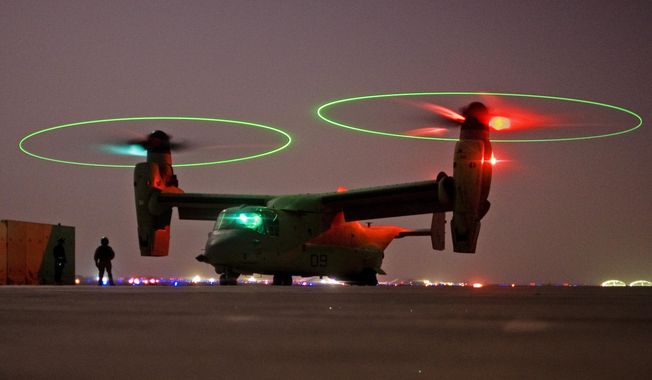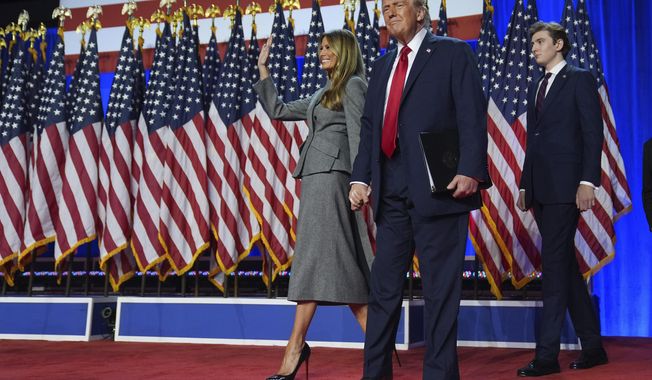
FILE - In this July 26 2005 file photo, a closed-circuit surveillance cameras, with a Union flag at rear, keeps watch in central London. After four home-grown suicide bombers killed 52 London commuters on July 7, 2005, Prime Minister Tony Blair vowed that Britain would stop at nothing to defeat terrorism. "Let no one be in any doubt," he said. "The rules of the game are changing." Since the Sept. 11 attacks in the United States four years earlier, Britain had made its anti-terrorism powers among the toughest in the Western world. Now they became tougher still. "What 7/7 did was it made people realize that the threat was internal as well as external," said David Anderson, Britain's official reviewer of terrorism legislation. (AP Photo/Lefteris Pitarakis)
Featured Photo Galleries
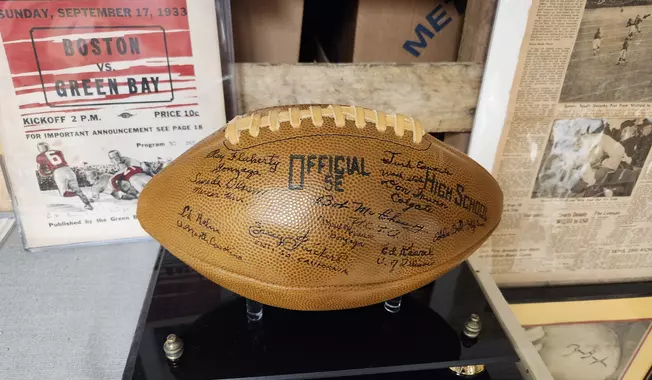
Inside the expansive collection of Washington football memorabilia
When Samu Qureshi sits down in the middle of his 4,100-square-foot “museum” in Bethesda, the longtime Washington football fan is surrounded by his life’s work.

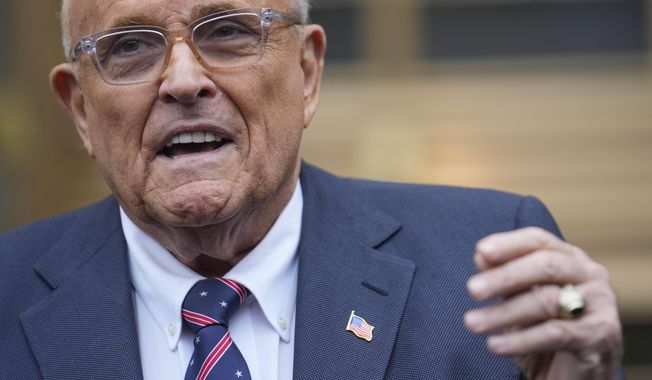

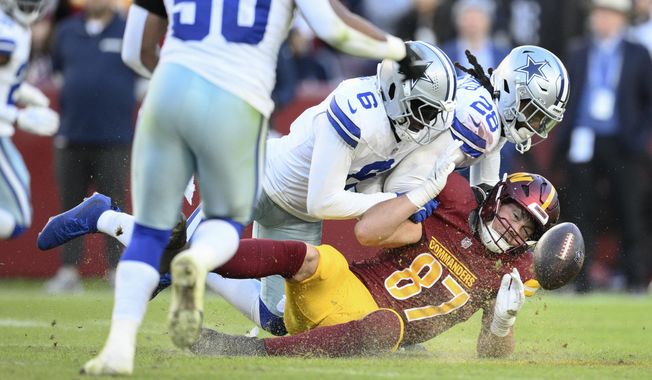
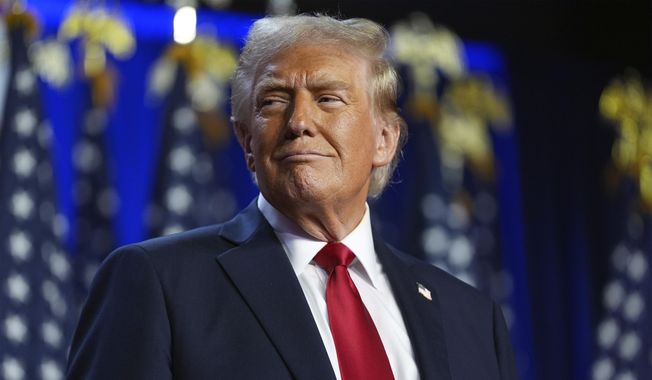
Trump Transition: Here are the people Trump has picked for key positions so far
President-elect Donald Trump has announced a flurry of picks for his incoming administration. Get full coverage of the Trump transition from The Washingon Times.
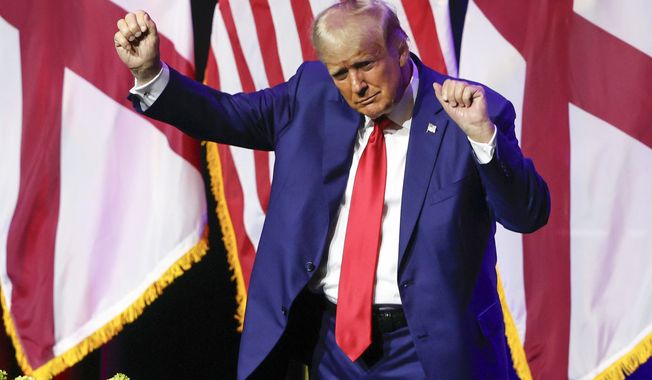
Trump dances onstage, takes post-election nation by storm
President-elect Trump dances onstage
